Rachel Cusk is a writer who provokes strong reactions in her readers, and her critical reputation has swung wildly in a short space of time. Many, who not long ago were offended by the overflowing emotion of her memoirs of motherhood and divorce, are now full of praise for her current trilogy of novels, admiring particularly their restraint. What’s interesting about this turnaround is that while Cusk’s mode of presentation has changed, her subjects — the uncertain nature of reality, the relation of the individual to society, and the calibration of power — have not. Moreover, switching her focus from an outraged, opinionated woman to a recalcitrant, enigmatic one, has intensified her writing and clarified her project.
In Outline and Transit, the two volumes published so far, we learn little more about Cusk’s first person narrator than that she is recently divorced and temporarily living apart from her children (they phone in occasionally, often in a state of mild distress). We know, too, that she is a writer disinclined to interject or interpret, emphasising instead the value of listening. The people she encounters (ex-lovers, builders, hairdressers, friends, fellow writers, students, relatives) all tell her stories that stand out from the day’s ordinary muddle with an electric charge. The purity of these narratives and the individuated humanity they contain has a narcotic, transporting power, yet they remain at the centre of the writer’s daily life, and her occasional prompts or questions show her shaping them. In both novels the writer is named only once, and her name, Faye — which denotes either unreality or belief — underscores her scepticism: ‘I did not have the blind belief in reality that made others ask for concrete explanations.’ Instead Cusk’s rather proud and brittle narrator is drawn to dramas of perception — the neurosis involved in looking and judging, and the reciprocal fear of being misread, disregarded or found out.
At the beginning of Transit, Faye is homeless. An estate agent warns her that buying a house requires ‘the blindness of fixation’, but she immediately feels he is trying to marginalise her, and decides she will ‘want what everyone else wanted… run with the pack’. She acquires a shoddy house in an expensive neighbourhood and then battles to make it over in a style of her own. But something about the process of following convention, and becoming fixed or placed, leaves her at odds with herself. It’s as if Cusk has taken central metaphors from literary criticism — about the figure of the modernist artist, exiled and unaligned, about the estrangement of the woman writer in the house of fiction, about the violence of creativity — and translated them back into life. From the outset the house is inhospitable: floors undulate, plaster blisters, the garden is full of grot and junk. And she is beset by neighbours who intimidate or humiliate her. The tenants in the basement make dark threats about noise, while the mother of the perfect family next door — who eat al fresco while talking loudly in multiple languages — high-handedly informs her that by tradition they are given the apples from her tree.
There is a great comedy of mismatching and cross-purpose here, but the reader is never allowed to find consolation in it, nor any affinity with Faye, whose alertness to her neighbours’ class-inflected putdowns and incursions are mirrored in her own petty-bourgeois snobbery. But Cusk is not writing to be liked. She once said admiringly of D.H. Lawrence that he left more room for the reader to hate him than any other author in the English language. In Transit, the ‘ambiguous glint’ of Cusk’s writing often induces a sense of panic about the validity of one’s own responses, and frustration at being unguided through an uncertain world where, as her hairdresser observes, ‘the fake generally seemed to be more real than the real’. But this refusal of ‘concrete explanations’, or a secure guiding narrator, is not an expression of nihilism or futility; rather, an exercise in the morality of freedom. When Faye picks up her son’s diary, she finds a message blazoned on the front: ‘You read, you take the consequences.’
The post The art of listening appeared first on The Spectator.
Got something to add? Join the discussion and comment below.
Get 10 issues for just $10
Subscribe to The Spectator Australia today for the next 10 magazine issues, plus full online access, for just $10.
You might disagree with half of it, but you’ll enjoy reading all of it. Try your first month for free, then just $2 a week for the remainder of your first year.


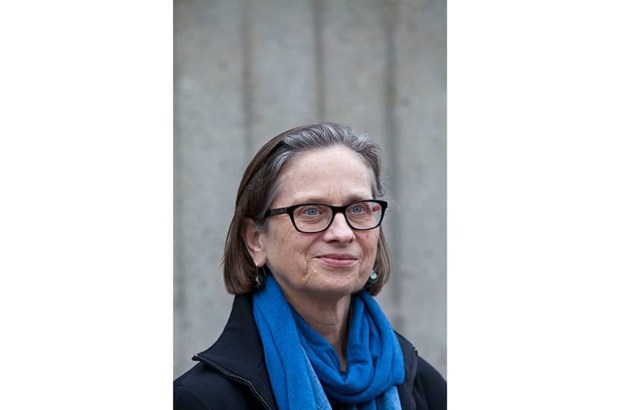
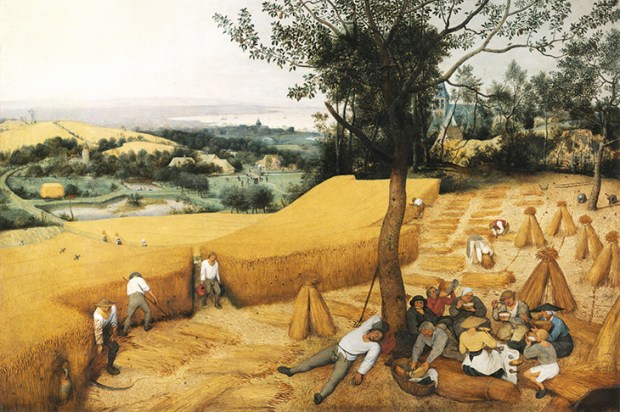
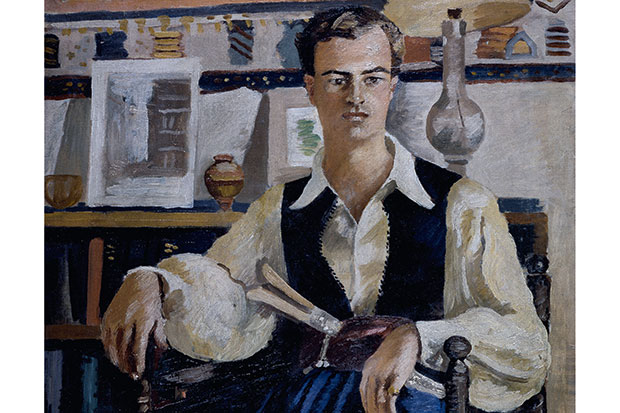
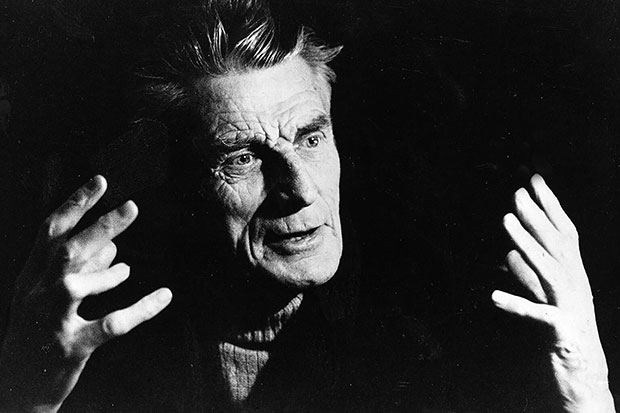

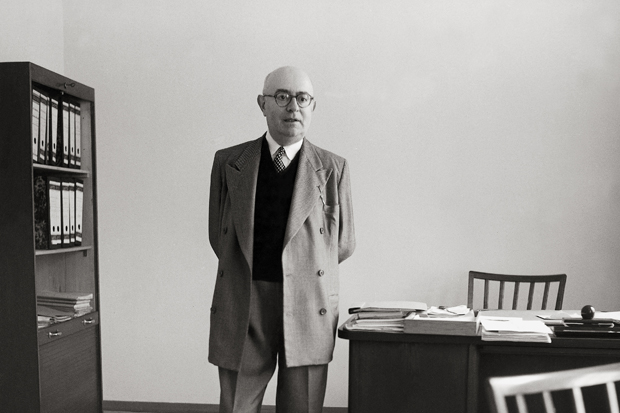






Comments
Don't miss out
Join the conversation with other Spectator Australia readers. Subscribe to leave a comment.
SUBSCRIBEAlready a subscriber? Log in